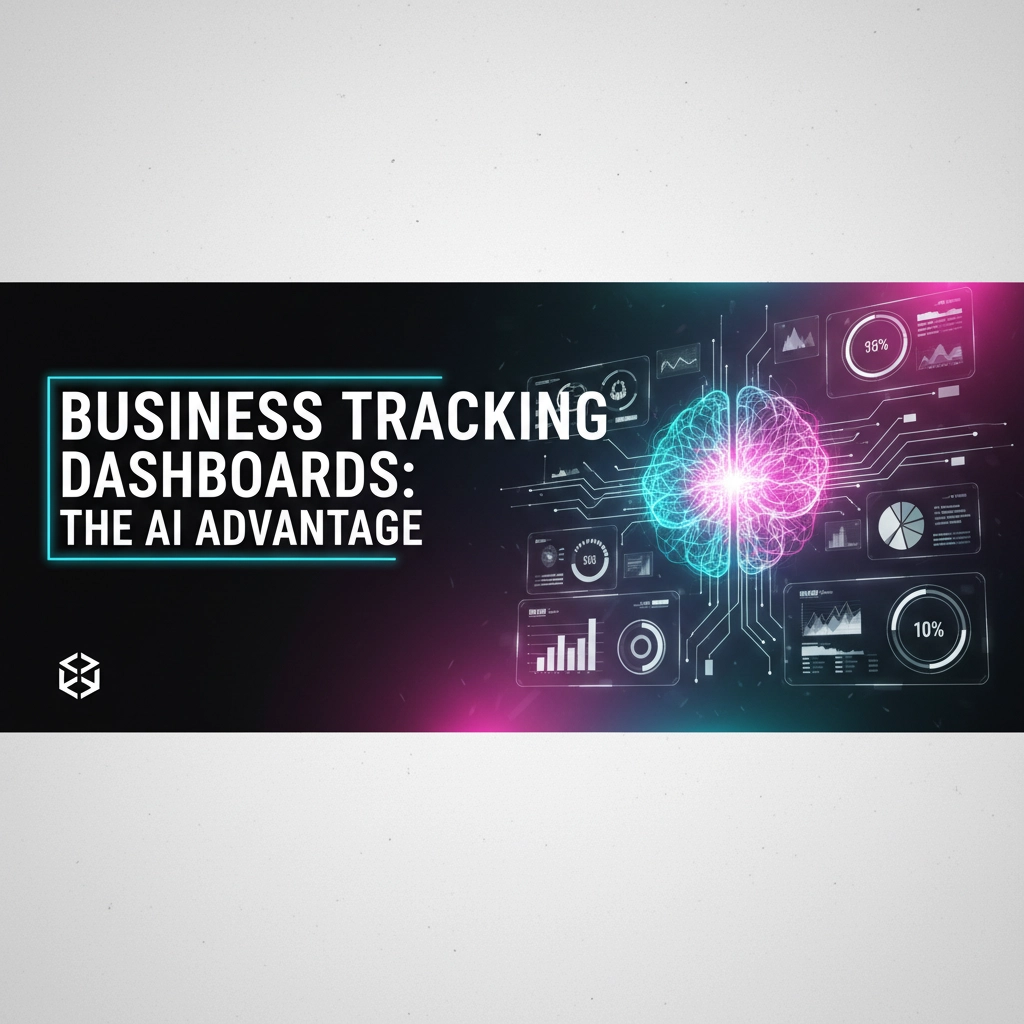Real estate brokerages face a fundamental shift in how they build and maintain their brand. AI transforms every aspect of brokerage operations, from client acquisition to market analysis. Traditional branding approaches no longer deliver competitive advantage.
From Sales Tactics to Strategic Marketing
The industry standard has shifted from “Always Be Closing” to strategic brand positioning. Brokerages that relied solely on aggressive sales tactics now compete against firms that leverage sophisticated marketing strategies and data-driven insights.
This transformation eliminates previous taboos around self-promotion and digital marketing. What seemed unprofessional a decade ago: LinkedIn thought leadership, elaborate digital assets, video content: now defines industry best practices.

Modern brokerages build authority through consistent content creation and market expertise demonstration. They position themselves as insight providers rather than transaction facilitators.
AI-Powered Brand Differentiation
AI enables brokerages to create personalized content at unprecedented scale. Mass customization replaces one-size-fits-all marketing approaches. Brokerages can now deliver targeted messaging to specific client segments while maintaining consistent brand identity.
The technology democratizes content creation capabilities. Video editing, email campaigns, and marketing materials that required dedicated teams now generate through AI tools. This accessibility levels the competitive field while raising quality expectations.
Brokerages must optimize content for AI-driven discovery channels. Platforms like ChatGPT, Perplexity, and Claude influence client decisions before traditional search occurs. Brand visibility depends on AI algorithm compatibility, not just SEO ranking.
Data-Driven Brand Authority
Successful brokerages transition from data gatekeepers to insight partners. They transform raw market information into actionable recommendations. This shift requires demonstrable expertise in data analysis and strategic interpretation.
AI processes demographic data, foot traffic patterns, and consumer behavior metrics to identify market opportunities. Brokerages that integrate these insights into their brand messaging establish credibility as forward-thinking partners.
The most effective firms showcase their analytical capabilities through case studies, market reports, and predictive insights. They build reputation on accuracy and strategic value rather than relationship management alone.

Modern CRM systems enhance this positioning by providing real-time market intelligence and automated client nurturing. Brokerages can demonstrate responsiveness and expertise simultaneously.
Digital Presence Requirements
Digital footprint building equals relationship development in importance. Brokerages without strong online presence lose visibility to competitors who embrace digital-first strategies.
Content quality determines AI snippet inclusion and platform recommendations. Brokerages must create valuable, contextually rich materials that serve as reference sources for AI systems.
Social media engagement, thought leadership articles, and market commentary establish industry authority. Consistency across platforms reinforces brand messaging and expertise positioning.
The most successful brokerages maintain active content calendars that address market trends, regulatory changes, and strategic insights. They become go-to resources for market intelligence.
Technology Integration Strategy
AI adoption reaches 87% among real estate brokerage leaders. Simply using AI no longer provides competitive advantage. Differentiation comes from integration effectiveness and strategic implementation.
Brokerages must demonstrate how AI enhances client service rather than replacing human expertise. The messaging emphasizes technology as enablement, not replacement.

Platforms like Pulse Intelligence provide brokerages with comprehensive market analytics and performance tracking capabilities. These tools enable data-driven decision making while maintaining focus on client relationships.
The most effective brokerages communicate their technology stack as service enhancement. They position AI tools as methods to deliver faster insights and more accurate recommendations.
Relationship-Centered Messaging
Despite technological advancement, successful brokerages maintain human connection emphasis. They position AI as relationship enablement rather than automation.
The most compelling brand messaging combines speed and expertise with personal attention. Brokerages communicate their ability to deliver faster insights while preserving relationship-driven service models.
This balance requires careful communication strategy. Clients want efficiency and accuracy alongside personal service. Brokerages must demonstrate both capabilities without appearing impersonal.
Market Positioning Evolution
Traditional competitive advantages: exclusive data access, relationship networks, transaction experience: lose significance as AI democratizes capabilities. New differentiation factors emerge around insight quality, response speed, and strategic value delivery.
Brokerages must identify unique value propositions beyond traditional strengths. Market expertise, analytical capabilities, and strategic guidance become primary differentiators.
The most successful firms develop niche specializations supported by AI insights. They become recognized authorities in specific market segments or property types.

Brand messaging emphasizes outcomes over processes. Clients care about results, not methodologies. Brokerages must communicate value delivery rather than capability descriptions.
Implementation Framework
Successful AI-era branding requires systematic approach development. Brokerages need content strategies, technology integration plans, and performance measurement systems.
Content calendars should address market trends, client education, and strategic insights. Regular publication schedules build audience expectations and search algorithm recognition.
Technology adoption must align with brand messaging. AI tools should enhance existing strengths rather than replace core competencies. The most effective implementations amplify human expertise through technological capability.
Performance tracking becomes essential for strategy refinement. Brokerages must measure engagement metrics, conversion rates, and brand recognition indicators to optimize their approach.
Future-Proofing Brand Strategy
The AI landscape continues evolving rapidly. Brokerages must build adaptable brand strategies that accommodate technological advancement while maintaining core identity.
Continuous learning and technology evaluation become brand requirements. Firms that fall behind technological curves risk obsolescence regardless of historical success.
The most resilient brokerages position themselves as innovation adopters rather than technology leaders. They focus on effective implementation over cutting-edge experimentation.

Strategic partnerships with technology providers can enhance brand positioning while reducing implementation risks. Collaborations demonstrate forward-thinking approaches without requiring internal development capabilities.
Measuring Brand Impact
Traditional brand metrics: recognition, recall, preference: require supplementation with digital engagement indicators. Website traffic, social media interactions, and content sharing rates provide real-time brand performance feedback.
Client acquisition costs and conversion rates reflect brand effectiveness more accurately than awareness surveys. Brokerages must track business outcomes alongside perception metrics.
The most sophisticated firms use AI analytics to measure brand sentiment across multiple channels. They monitor online mentions, review patterns, and engagement quality to refine messaging strategies.
Ready to transform your brokerage’s competitive positioning? Schedule a demo of our Brokerage Performance Suite to discover how AI-powered insights can enhance your brand strategy and market performance.





